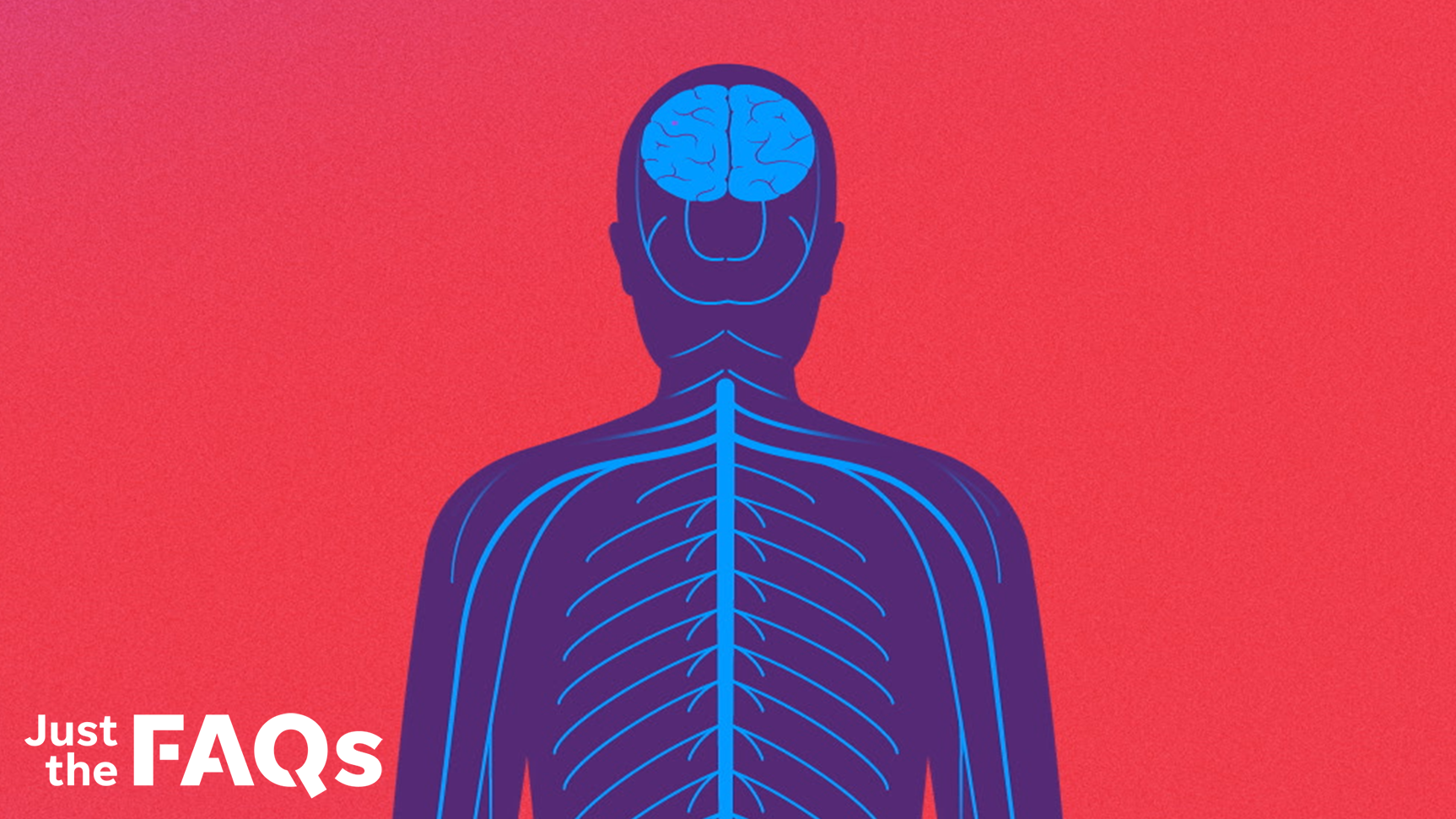

Former NFL MVP Brett Favre reveals Parkinson’s diagnosis to Congress
During a testimony about the misuse of welfare money to Congress, former NFL quarterback Brett Favre revealed he has Parkinson’s disease.
The news that NFL great Brett Favre has been diagnosed with Parkinson’s disease has reignited questions about whether the degenerative brain disorder could have been triggered by injuries during the Hall of Famer’s 20-year football career.
An athlete’s risk of developing brain disease from head trauma is not just limited to CTE, or chronic traumatic encephalopathy.
Research shows repeated brain injuries, even those considered mild, are linked to the increased risk of developing other neurodegenerative disorders, including Parkinson’s disease.
Just a single concussion in a lifetime increases the likelihood of eventually being diagnosed by 57%, according to the Parkinson’s Foundation.
“Having this kind of repetitive brain trauma, even if it’s relatively mild, these are things that can have downstream consequences later in life,” said Dr. Joohi Jimenez-Shahed, medical director of movement disorder neuromodulation and brain circuit therapies at Mount Sinai in New York City.
People who experienced a serious traumatic brain injury had an 83% greater risk of developing Parkinson’s, according to a 2018 study published in the journal Neurology.

Alzheimer’s disease is on the rise. Here’s how it affects the brain.
From Alzheimer’s disease to ALS, here’s how neurodegenerative disorders affect the brain.
Research has yet to definitively explain the link between repeated brain trauma, including concussions, and the disease, but experts have an idea.
Rapid movement or a big blow to the head can damage brain cells, called neurons, to the extent that it could disrupt their cellular functions.
“The cells themselves may not be damaged… but their ability to function in a normal way is affected,” Jimenez-Shahed said.
This could lead to the accumulation of toxic proteins and trigger a neurodegenerative process.
Specific proteins are linked to certain diseases, experts say. For example, CTE is associated with a buildup of a protein called tau. In the case of Parkinson’s, an accumulation of the alpha-synuclein protein is “a strong, pathological hallmark” of the disease, Jimenez-Shahed said.
Head trauma alone is not the sole risk factor for Parkinson’s. Experts say the disease has also been linked to environmental factors, like exposure to certain pesticides or chemicals, and genetic mutations.
“If all the ingredients in the recipe come together, you may develop Parkinson’s disease,” said Christopher Watts, Texas Christian University’s Dean of the Harris College of Nursing & Health Sciences, who researches the disease. “The reason why we know is because not every boxer develops Parkinson’s disease… it has to be other things that are acting along with that exposure to head trauma.”
The median age for a Parkinson’s diagnosis is about 65, Watts said. At 54, Favre is on the younger end of that spectrum.
Parkinsonism – an umbrella term for brain conditions that cause slow movement, rigidity and tremors – has been well studied in boxers, Watts said. One of history’s most legendary boxers, Muhammad Ali, was diagnosed with the disease.
However, the research among football players isn’t as robust. A 2023 study published in JAMA found participants with a history of playing organized football had higher odds of Parkinsonism or Parkinson’s disease compared with those involved in other organized sports. But other studies have reported mixed findings, Watts said.
He said researchers must determine if there is a link.
“Football is such a big part of American society,” he said. “We need to know the answers to this.”
Favre revealed his diagnosis during a congressional hearing Tuesday, as part of an investigation into a massive welfare case in Mississippi, about his involvement with Prevacus, a company making a concussion drug. The former Green Bay Packer has not been criminally charged, but he is one of more than 40 people who have been sued by the state, demanding repayment of money through the Temporary Assistance for Needy Families.
Adrianna Rodriguez can be reached at adrodriguez@usatoday.com




